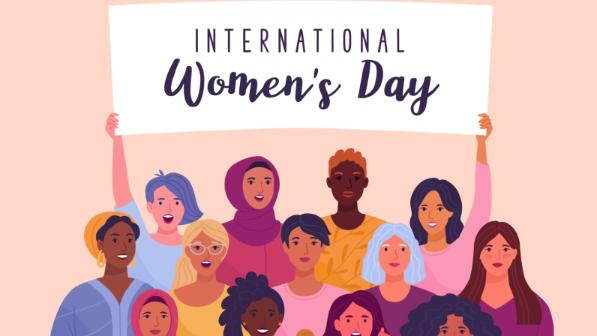There is no limit to what we, as women can accomplish -Michelle Obama-
International Women’s Day is celebrated in many countries around the world. It is a day when women are recognized for their achievements, disregarding race, religion, nationality, culture and economic background.
HISTORY
Back in the early 1900’s a great unrest and critical debate occurred amongst women. Women’s oppression and inequality were spurring them to become more vocal and active in campaigning. In 1908, fifteen thousand women marched through New York demanding shorter hours, better pay and voting rights. In accordance with a declaration by the Socialist Party of America in 1909, the first National Women’s Day was observed across the United States on February 28th until 1913, where it was changed to 8th of March and celebrated annually.


The idea to make the day International rose from a lady named Clara Zetkin. She suggested the idea in 1910 at an International Conference of Working Women in Copenhagen. There were 100 women there, from 17 countries, who agreed to her suggestion unanimously. It was first celebrated in 1911, in Austria, Denmark, Germany and Switzerland. The centenary was celebrated in 2011, implying that this year we’re technically celebrating the 110th International Women’s Day. Proceedings were made official in 1975 when the United Nations started celebrating the day. The first theme adopted by the UN (in 1996) was “Celebrating the past, Planning for the Future”.
Colours that Symbolise International Women’s Day
Purple, green and white are the colours of International Women’s Day. “Purple signifies justice and dignity. Green symbolizes hope. White represents purity.” The colours originated from the Women’s Social and Political Union (WSPU) in the UK back in 1908.

Modern International Women’s Day
The global celebration of International Women’s Day is a time for reflection of how far women have come. With over a century of history, International Women’s Day is a growing movement centred around Unity and Strength.
Various women including political, community, and business leaders, as well as leading educators, inventors, entrepreneurs, and television personalities are usually invited to address various events on this day, including, seminars, conferences, luncheons, dinners and breakfasts. The messages given at these events bring out various needful changes such as innovation, the portrayal of women in media, importance of education and career opportunities for women, overall awareness of women’s rights and promote equality.
Many students in school and other educational settings participate in special lessons, debates or presentations about the importance of women in society, their influence, and issues that affect them. Some countries follow the custom of bringing gifts to their female teachers. Women receive small presents of appreciation from friends and family members. Many workplaces make a special celebrations for International Women’s Day through internal newsletters, notices, social media posts or by handing out promotional material.

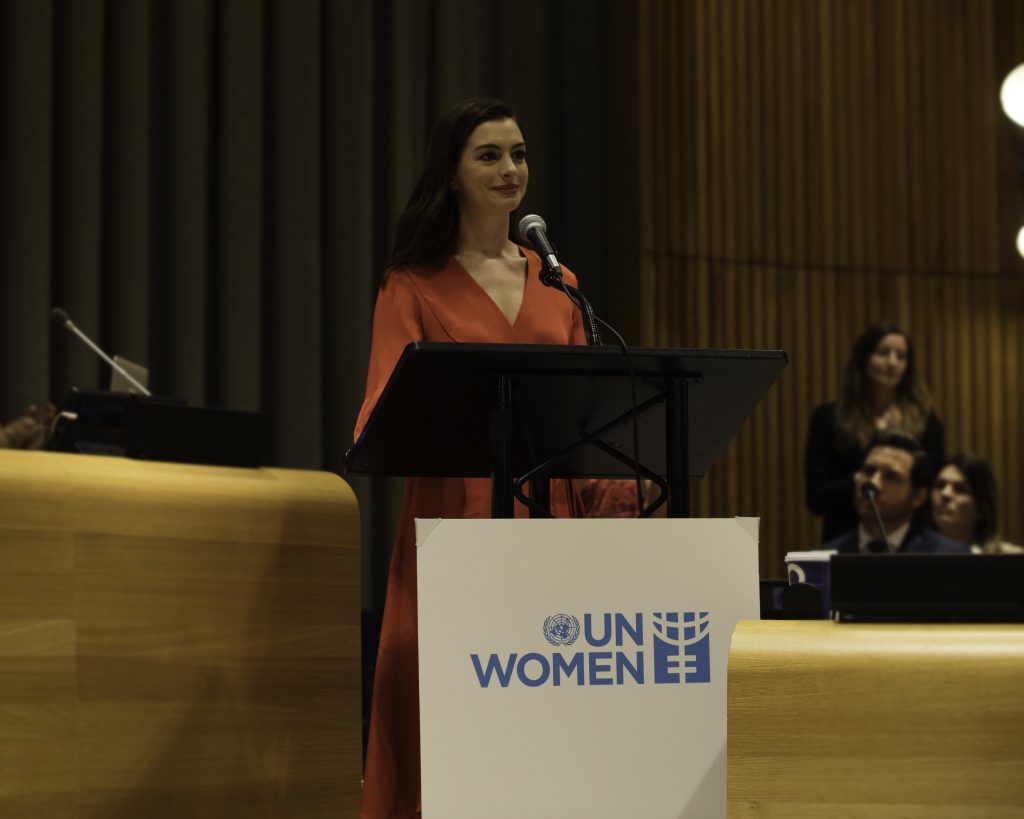
The importance of International Women’s Day
Women’s rights are the fundamental human rights that were enshrined by the United Nations. These rights include the right to live free from violence, slavery, and discrimination; to be educated; to own property; to vote; and to earn a fair and equal wage. As the now-famous saying speaks, “Women’s Rights are Human Rights” indicating that women are entitled to all of these rights. Yet almost everywhere around the world, we still see women and girls being denied them, often simply because of their gender.
Winning rights for women is much more than just giving opportunities to any individual woman or girl; it is also about changing how countries and communities think, speak and work. It involves changing laws and policies, winning hearts and minds, and investing in strong women’s organizations and movements.
The new Sustainable Development Goals by the United Nations hold real promise to embed advances in women’s rights, and include a specific goal (Goal 5) for gender equality. Goal 5 is more broad-based than the last gender goal, and includes targets on ending gender-based violence, eliminating child marriage and female genital mutilation, and ensuring access to sexual and reproductive health. It also includes equal access to education, expanding women’s economic opportunities, and reducing the burdens of unpaid care work on women and girls. Now it is up to all of us to hold governments accountable for their commitments and make sure the goals are met!

Did you know?
- Nearly 60% of women around the world work in the informal economy, earning less, saving less, and at greater risk of falling into poverty.
- Women earn 23% less than men globally.
- Every 1 in 3 women have experienced physical or sexual violence and 200 Million girls – women have suffered genital mutilation.
- Women are under-presented at in decision making at all levels.
It is shocking to see that only 24.7% of health ministers are Female, despite Women representing 70% of health sector workers. Furthermore, women were also disproportionately impacted by the pandemic. Women’s jobs were 1.8 times more vulnerable than those of their male counterparts. While women make up to 39% of the global workforce, they also account for approximately 54% of overall job losses during the pandemic.
Women in leadership during the Covid 19 Pandemic
Researchers found that women leaders face a gender double bind: they are penalized for being too masculine, but also penalized for being too feminine. Women leaders who flout gender expectations are labelled aggressive or pushy, while those who perform along gender expectations are labelled too nice or not taken seriously.
Crises like pandemics offer an opportunity for women world leaders to reconcile this double bind. They have proved to be both decisive and strategic, as well as compassionate and nurturing. This is what people saw early in the pandemic with countries like New Zealand under the leadership of prime minister Jacinda Arden, closing borders and instituting strict lockdowns, and leaders like Norway’s Erna Solberg, making a special appeal to children saying, “It’s okay to feel scared”.
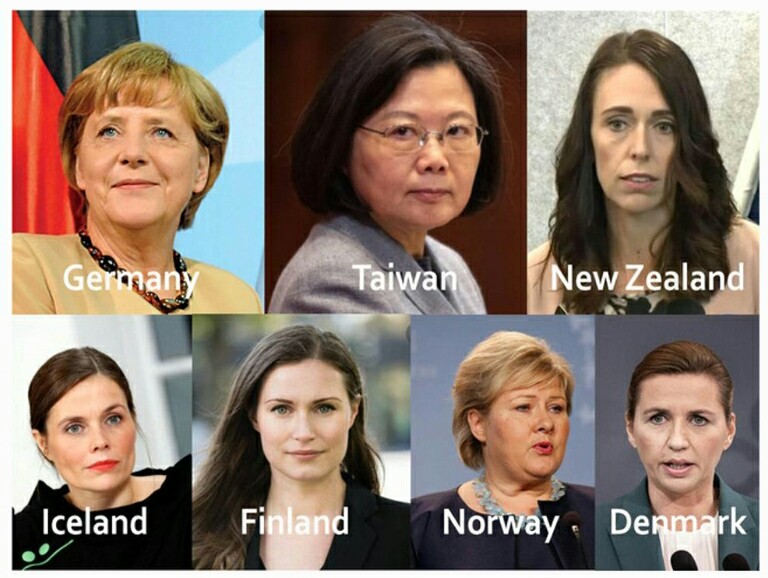
International Women’s Day 2021
This year’s International Women’s Day theme is, “Choose To Challenge” indicating that, ‘A challenged world is an alert world, and from challenge comes change’. The crucial role played by women in the on going recovery from the COVID 19 Pandemic is being celebrated this International Women’s Day.
“Women in leadership: Achieving an equal future in a COVID-19 world”
Today, we particularly pay tribute to the Women who have been playing at the forefront of this global crisis, including , Doctors, Nurses, Hospital staff, Members of the Tri Forces, Police, PHI and MOH officers, government officers, an National Leaders.
However, it is our duty to appreciate their hard work of all remarkable Women around the world, and take their lives as an inspiration for the young girls and women.
A few of the leading Ladies in Sri Lanka and around the world
Kasturi Chellaraja Wilson – First female group CEO of a Public quoted conglomerate in Sri Lanka.
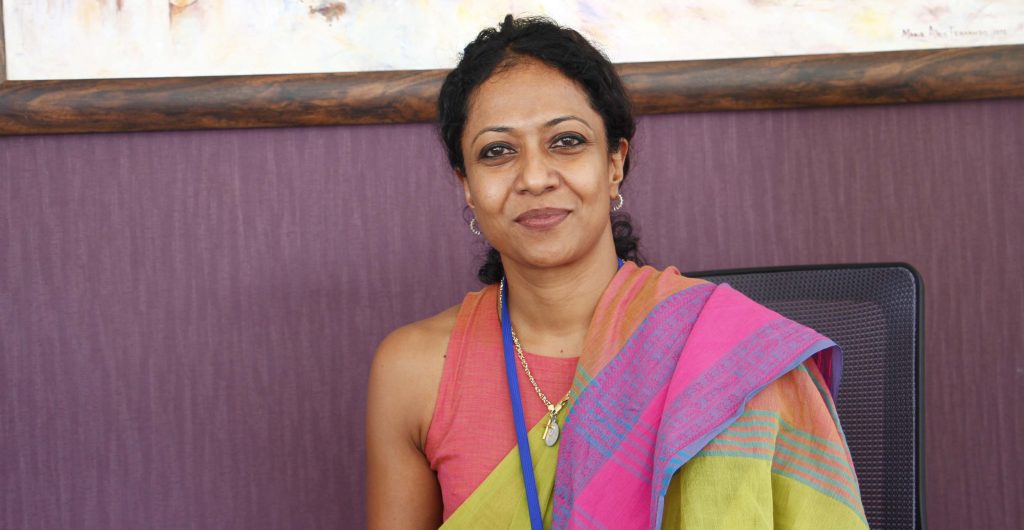
Bimshani Jasin Arachchi – Sri Lanka’s first and only Sri Lankan DIG (Deputy Inspector General) of Police.

Jayanthi Kuru-Utumpala – First Sri Lankan to summit Mount Everest.

Niloo Jayatilake – Director / CEO of Softlogic Invest.
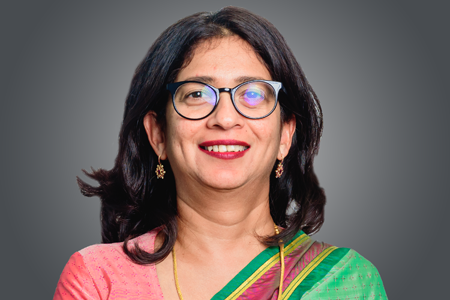
Otara Gunewardene – Entrepreneur, animal welfare advocate, conservationist and philanthropist. She is the founder of ODEL , Embark and Otara Foundation.

Kamala Harris – United States’ first female vice president, the highest-ranking female official in U.S. history, and the first African American and first Asian American vice president.
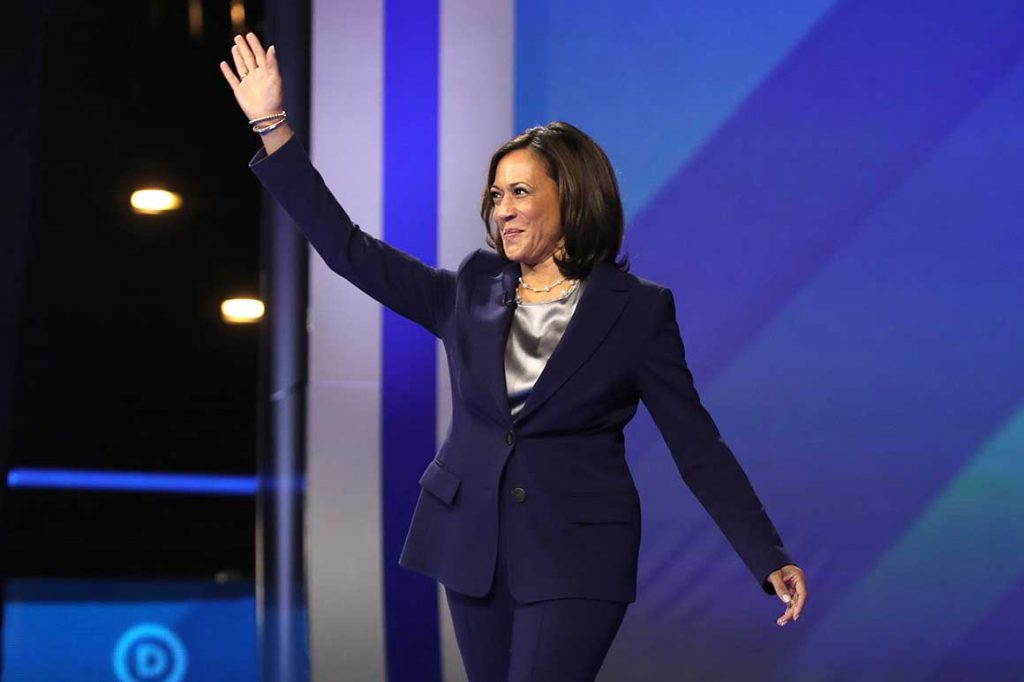
Jacinda Ardern – Youngest Prime Minister in more than 150 years.

Oprah Winfrey – Media Executive, actress, television producer, and philanthropist.

Kathrin Jansen – Head of vaccine research and development at Pfizer.

Serena Williams – Professional Tennis player who has won 23 Grand Slam singles titles and 4 Olympic Gold medals.

Gender Equality by 2030
This day is a time to reflect on the progress made, to call for change and to celebrate acts of courage and determination by ordinary women, who have played an extraordinary role in the history of their countries and communities. The world has made unprecedented advances, but no country has achieved Gender Equality.
We each have our part to play in that process!
So let’s make 2021 count for women and girls worldwide by bringing them one step closer to Gender Equality!
Rtr. Dinithi Wijayaratne
